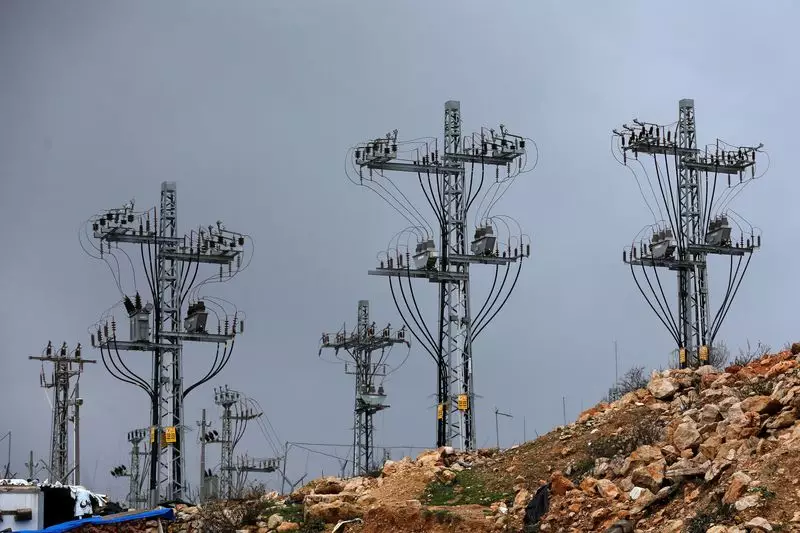In recent statements from Israeli Finance Minister Bezalel Smotrich, a significant shift in the fiscal relationship between Israel and the Palestinian Authority (PA) has emerged. Amidst the ongoing conflict following the October 7, 2023, attacks orchestrated by Hamas, Israel is now set to redirect tax revenue typically allocated to the PA toward settling its substantial debt with the Israel Electric Company (IEC). This situation is indicative of deeper geopolitical dynamics, as the Israeli government recalibrates its financial interactions with the PA amidst increasing tensions.
Israeli authorities have long held the responsibility of collecting taxes on goods destined for the occupied West Bank. These funds are traditionally remitted to the PA as part of an established financial framework designed to support governance in Palestinian territories. However, with Smotrich’s recent announcement, nearly 2 billion shekels (approximately $544 million) will instead be used to clear the PA’s debts to the IEC. Such a decision not only alters the financial landscape for the Palestinian administration but also hints at a broader strategy to exert pressure on Palestinian governance amidst a backdrop of violence and political strife.
Building upon the logic of withholding tax revenue, Smotrich cited actions taken by Norway, including its recognition of a Palestinian state, which he views as provocations against Israeli interests. By freezing funds that would usually support administration expenses in Gaza, and redirecting those resources to pay down the PA’s debts, Israel is employing a tactical maneuver to reinforce its stance against what it perceives as detrimental actions by international actors and Palestinian leadership alike.
The ramifications for the PA are profound. Already facing severe financial constraints, including the ability to pay public sector wages—currently at an alarming 50-60%—the diversion of tax revenues exacerbates their fiscal crisis. Such constraints place additional stress on the Palestinian administration, which struggles to maintain legitimacy and social stability in the face of both internal strife and external pressures. This financial maneuver may further deepen the divide between the PA and its constituency, especially amid public dissatisfaction with governance and ongoing conflict.
The implications of this financial reorientation are significant not just for the PA but for the Israeli-Palestinian relationship as a whole. The move risks entrenching an already tenuous dynamic, potentially fueling further conflict through economic depravity and political alienation. As Israel continues to use economic levers as a means of political control, the situation necessitates urgent consideration from both local and international actors seeking to mediate a resolution to this enduring conflict.
Ultimately, while the fiscal policies initiated by the Israeli government may provide short-term financial relief to the IEC, they likely represent a long-term strategy aimed at diminishing the operational capacity of the Palestinian Authority, possibly undermining prospects for future peace negotiations.

